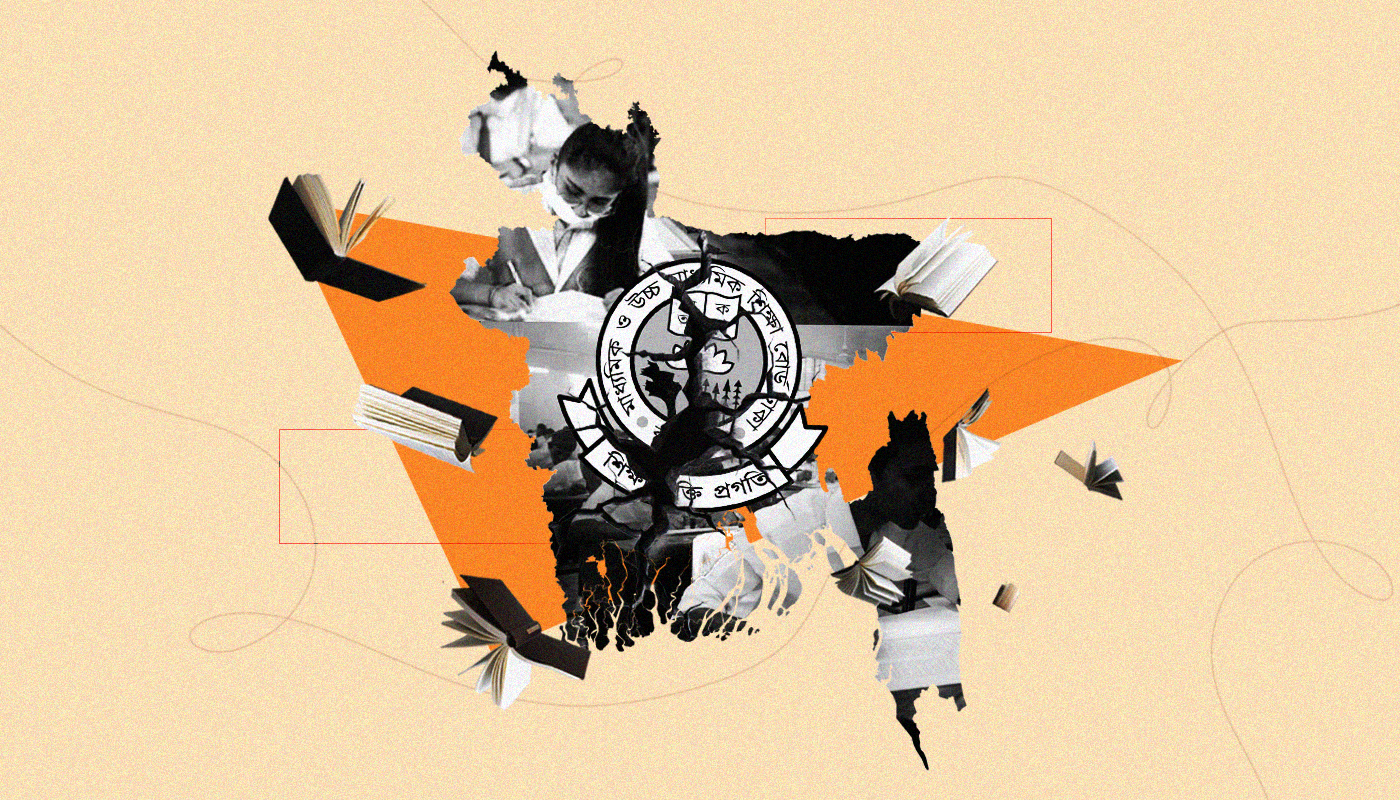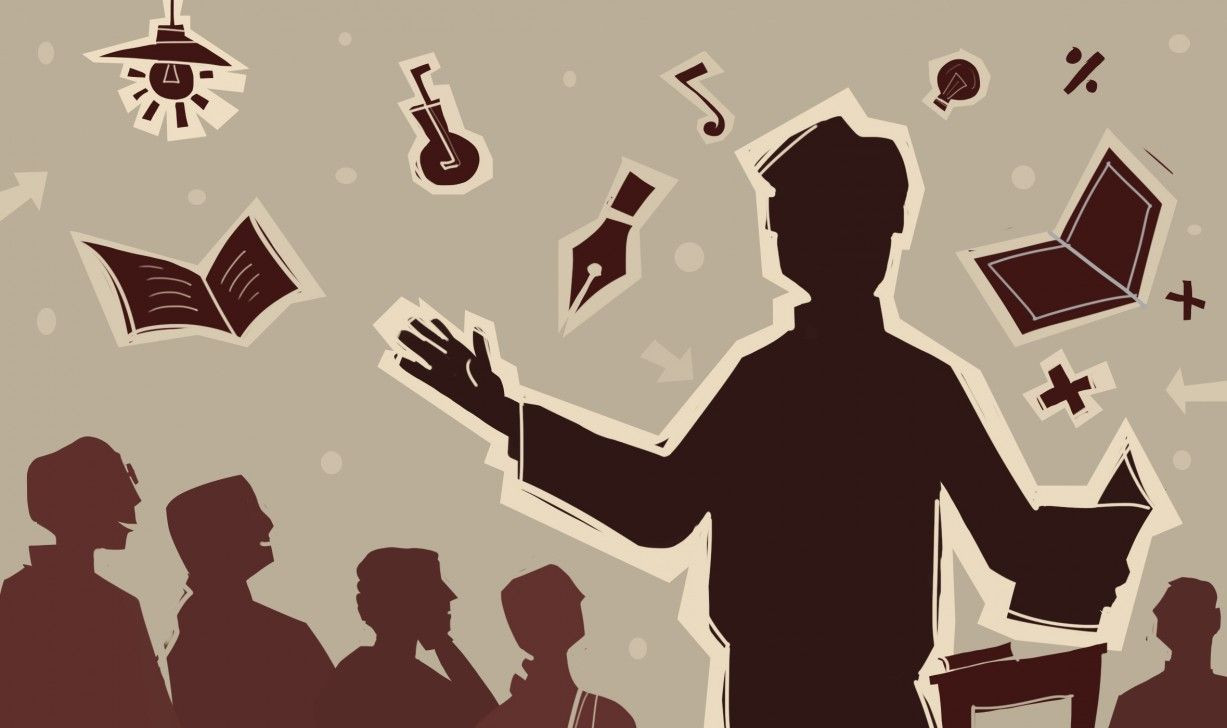The unsung architects of Bangladesh’s progress

Bangladesh's teaching tradition is steeped in diversity, shaped by educators who carried both chalk and conscience. National Professor Abdur Razzaq, remembered as the "teacher of teachers," inspired generations to embrace critical thinking and civic responsibility. Another National Professor, Dewan Mohammad Azraf, fused ethics and literature to show students that education is inseparable from values and identity. Begum Rokeya, the trailblazing social reformer and educationist, championed women's right to education in an era when such ideas were revolutionary. Hafezzi Hujur, the respected Islamic scholar, strengthened spiritual and moral teaching through his madrasa work, reflecting the deep roots of religious education in the country. Together, they capture the breadth of Bangladesh's teaching heritage—from reform to faith—reminding us that in this land, teachers have always been nation-builders.
The nobility of teaching in Bangladesh has also been etched in sacrifice. Earlier this year, the nation mourned Maherin Chowdhury, a courageous teacher at Milestone School and College in Dhaka, who lost her life after rescuing dozens of students when a military jet crashed into the school building. Her bravery evokes the memory of Dr Mohammad Shamsuzzoha, a professor at Rajshahi University who stood before the then Pakistani army to shield protesting students, declaring, "Before a bullet strikes a student, it must pierce me first." These acts remind us that in Bangladesh, teachers have not only shaped young minds but have also stood on the frontlines of danger, protecting the very lives entrusted to their care. Their courage reinforces the truth that the calling of a teacher here is as much about guardianship as it is about knowledge.
The Covid-19 crisis reshaped education globally, but in Bangladesh, its effects were particularly acute. Schools remained shut for extended periods, forcing teachers to become pillars of continuity for learners isolated at home. With little preparation, many adapted quickly, recording lessons on smartphones and sharing materials over messaging apps. To reach students without internet access, teachers often visited neighbourhoods on foot or cycled across villages, leaving printed worksheets at doorsteps. Many bore the financial and emotional burden themselves, covering printouts, data costs, or travel expenses out of pocket. Their creativity and persistence kept education alive across urban and rural Bangladesh, proving that when systems falter, it is the conviction of teachers that sustains learning.
However, Unesco warns that the world will need millions more teachers by 2030 to meet even basic education goals, as classrooms everywhere are strained by attrition, burnout, and declining professional appeal. Bangladesh mirrors this global challenge: thousands of sanctioned posts in government schools remain vacant, vocational and technical institutes run with skeletal staff, and universities struggle with student backlogs due to faculty shortages. In rural areas, where children are most vulnerable to dropping out, one absent teacher can mean the collapse of an entire classroom. These shortages demonstrate that education's future cannot rely on heroic improvisation but on a renewed commitment to teachers.
At the same time, the rapid growth of ed-tech platforms and AI tools in Bangladesh—from platforms like 10 Minute School to AI-powered modules on Shikho—has opened new avenues for reaching learners. These innovations have proven valuable, particularly in moments of crisis or in places where teachers are scarce. Nevertheless, they also highlight a vital truth: technology may deliver lessons, but it cannot spark curiosity, build confidence, or guide students through moral and civic dilemmas. A tablet can replace a textbook, but never a teacher's pedagogy, empathy, or example. In the end, ed-tech is more efficient when it supports teachers, extending their reach, while the essence of true learning remains profoundly human.
Bangladesh's teachers have also carried learning to the nation's margins, where formal schooling often falters. The community schools pioneered by Brac stand as a model of what teacher-led innovation can achieve: in one-room classrooms across villages, local women trained as para-teachers have given millions of children a first doorway into education, often the first in their families to hold a book. This same spirit of service is evident in the refugee camps of Cox's Bazar, where Bangladeshi teachers keep hope alive for children uprooted by conflict. Further, in flood-prone regions, floating classrooms have brought teachers and books aboard boats, ensuring that rising waters do not wash away a child's chance to learn. Thus, teachers turn uncertainty into possibility, reminding us that education endures wherever a teacher chooses to stand.
However, in recent years, MPO-listed teachers have staged repeated protests, demanding nationalisation of their institutions and fair allowances on par with government employees. In madrasas and non-government schools, many struggle with delayed or unpaid salaries. Teachers further contend with limited professional development opportunities, inadequate housing, research funding and medical allowances, and a growing sense that their work is undervalued compared with other professions. If dignity, pay, and professional support are neglected, the teaching profession itself may wither, even as Bangladesh relies on teachers to drive the promise of "Bangladesh 2.0."
Teachers in Bangladesh carry a responsibility that stretches far beyond the classroom. They prepare young people to thrive not only within the country but also as part of a global community. Some go abroad to represent Bangladesh in industries, research, and leadership, while others remain to nurture local enterprises, technologies, and social change. In both paths, the responsibility often falls on teachers to build the confidence and skills that allow students to contribute meaningfully.
Bangladesh's story of education has always been written in the dedication of its teachers. They have sacrificed, innovated, and persevered not only to keep learning alive in times of crisis but also to nurture a generation ready for both local challenges and global opportunities. If Bangladesh is to step forward with confidence on the world stage, it must first honour and uplift those who have always been its truest nation-builders—its teachers.
Dr Iftekhar Ul Karim is assistant professor at BRAC Business School, BRAC University. He can be reached at iftekhar.karim@bracu.ac.bd.
Views expressed in this article are the author's own.
Follow The Daily Star Opinion on Facebook for the latest opinions, commentaries and analyses by experts and professionals. To contribute your article or letter to The Daily Star Opinion, see our guidelines for submission.




 For all latest news, follow The Daily Star's Google News channel.
For all latest news, follow The Daily Star's Google News channel. 

Comments